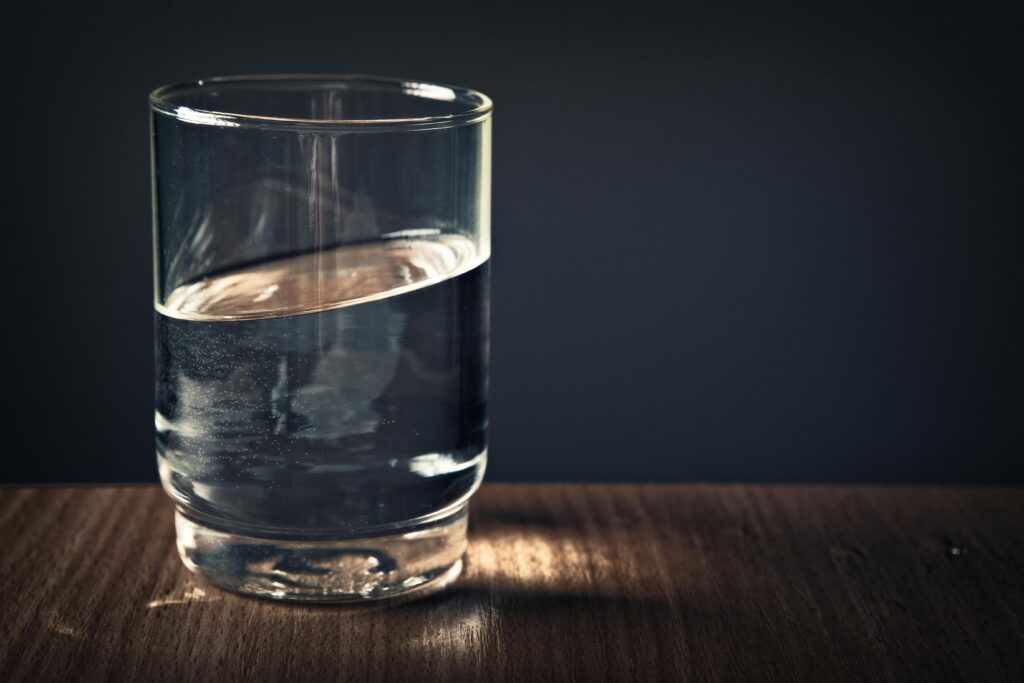
As creatine continues to gain popularity in the fitness world, many teens are eager to jump on the bandwagon. With promises of improved athletic performance and quicker muscle recovery, it’s easy to see why teens, especially those involved in sports or weight training, are drawn to this supplement. But with all the buzz surrounding it, parents and teens alike are left wondering, “Is creatine safe for teens?” In this blog, we’ll explore the benefits, risks, and important considerations when it comes to teen use of creatine.
What is Creatine and Why is it Popular?
Creatine is a naturally occurring compound found in the muscles, primarily involved in providing energy during short bursts of high-intensity activities like weightlifting and sprinting. For athletes and fitness enthusiasts, supplementing with creatine can help increase muscle mass, strength, and exercise performance.
In recent years, creatine has gained traction, especially among teens who are looking to enhance their sports performance or build muscle. The supplement’s reputation as a safe and effective way to boost physical results has made it a staple in many gyms and locker rooms. But, as we dive deeper, the question remains: is creatine safe for teens?
Why Are Teens Interested in Creatine?
Today’s teens are more health-conscious than ever before. From social media fitness influencers to peer recommendations, the pressure to stay fit and perform well in sports can be immense. The allure of quick gains, better stamina, and enhanced muscle recovery makes creatine a tempting option. However, before jumping into supplementation, it’s crucial to understand the implications for a still-developing body.
As teens are drawn to performance-boosting products, parents are naturally concerned. And the question “is creatine safe for teens” often becomes a topic of conversation when their child expresses interest in taking supplements. While creatine might be effective for adults, the same doesn’t always hold true for younger individuals whose bodies are still growing.
Is Creatine Safe for Teens? What the Research Says
When it comes to answering the question is creatine safe for teens, research provides some insights, but there’s still more to learn. Most studies on creatine’s safety and effectiveness focus on adults, with limited research specifically targeting teens. However, available data suggest that creatine, when used appropriately, is generally safe for adolescents who are involved in high-intensity sports.
One key point to consider is that the FDA doesn’t regulate dietary supplements as strictly as medications. This means that while creatine is widely available and legal, there isn’t as much oversight on the quality or purity of the product. For teens, this is particularly important, as the risks associated with impure or mislabeled supplements could have long-term consequences.
Despite these concerns, creatine is not classified as a banned substance by major sports organizations. Many athletes, including teens, use it safely under proper guidance. That said, is creatine safe for teens? The answer lies in responsible use and individual considerations.
Benefits of Creatine for Teen Athletes
For teens participating in high-intensity sports like football, track, or weightlifting, creatine may offer certain advantages. It has been shown to improve muscle mass, speed recovery, and enhance overall performance. These benefits, especially when paired with a proper diet and training routine, can make a noticeable difference.
It’s also worth noting that creatine has been studied for its cognitive benefits. Some research suggests that creatine supplementation may improve brain function, which could be an added benefit for teens balancing sports and academics.
Yet, despite these potential upsides, the underlying question remains: is creatine safe for teens? Benefits aside, no supplement should be taken without fully understanding the potential downsides.
Potential Risks and Concerns
While creatine has demonstrated benefits, it’s not without risks, especially for teens. Some concerns associated with creatine use include dehydration, muscle cramping, and digestive issues. These side effects often result from improper dosing or failure to stay adequately hydrated while on creatine.
Moreover, there’s the issue of long-term impact. Since teens’ bodies are still growing and developing, the effects of long-term creatine use are not fully understood. Using creatine without the advice of a healthcare professional or coach could lead to improper use, increasing the likelihood of adverse effects.
When asking is creatine safe for teens, it’s essential to recognize that the risks are often related to misuse or misunderstanding of how the supplement works. Following recommended dosages and ensuring proper hydration can significantly minimize these risks.
What Parents and Teens Should Consider
Before adding any supplement to a teen’s routine, it’s crucial to consult a healthcare professional. A doctor can provide personalized advice based on the teen’s overall health, fitness level, and nutritional needs. For parents, the question is creatine safe for teens is not just about short-term effects but also long-term health.
Additionally, parents and teens should consider that supplements like creatine are not a replacement for good nutrition. A balanced diet rich in protein, vitamins, and minerals will naturally support muscle growth and performance without the potential risks associated with supplements.
Final Thoughts: Is Creatine Safe for Teens?
In conclusion, is creatine safe for teens? The answer is nuanced. When used correctly and under professional guidance, creatine can offer performance-enhancing benefits with minimal risks. However, improper use, lack of research in young populations, and potential long-term effects make it a decision that shouldn’t be taken lightly.
For teens eager to try creatine, understanding the importance of responsible supplementation is key. And for parents, staying informed and involved in the decision-making process ensures the safety and well-being of their teen.


